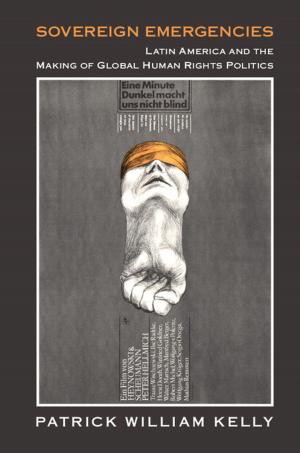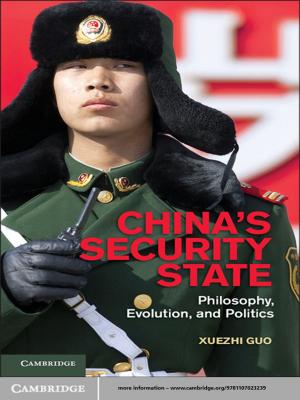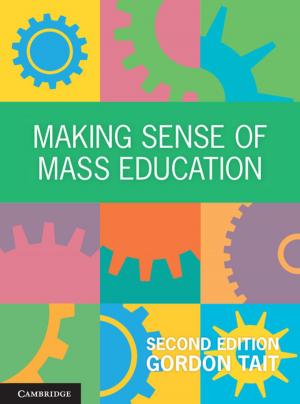Regime Support Beyond the Balance Sheet
Participation and Policy Performance in Latin America
Nonfiction, Social & Cultural Studies, Political Science, Politics, History & Theory, Government| Author: | Matthew Rhodes-Purdy | ISBN: | 9781108349819 |
| Publisher: | Cambridge University Press | Publication: | October 19, 2017 |
| Imprint: | Cambridge University Press | Language: | English |
| Author: | Matthew Rhodes-Purdy |
| ISBN: | 9781108349819 |
| Publisher: | Cambridge University Press |
| Publication: | October 19, 2017 |
| Imprint: | Cambridge University Press |
| Language: | English |
This book challenges the conventional wisdom that policy performance is the most important determinant of regime support. It does so by focusing on two countries where performance and support do not match. Chile is the economic envy of every country in Latin America, yet support has been surprisingly anemic. By contrast, Venezuela managed to maintain extremely high levels of support during the reign of Hugo Chávez despite severe failures of governance. Resolution of these paradoxes requires turning away from policy decisions and focusing instead on how those decisions are made. Taking inspiration from democratic theory and social psychology, this book argues that extensive opportunities for direct participation in the political process engenders in citizens strong feelings of efficacy - a sense of control over the course of politics. Rhodes-Purdy uses a mixed-methods approach to test this theory, including qualitative case studies, analysis of survey data, and experimental methods.
This book challenges the conventional wisdom that policy performance is the most important determinant of regime support. It does so by focusing on two countries where performance and support do not match. Chile is the economic envy of every country in Latin America, yet support has been surprisingly anemic. By contrast, Venezuela managed to maintain extremely high levels of support during the reign of Hugo Chávez despite severe failures of governance. Resolution of these paradoxes requires turning away from policy decisions and focusing instead on how those decisions are made. Taking inspiration from democratic theory and social psychology, this book argues that extensive opportunities for direct participation in the political process engenders in citizens strong feelings of efficacy - a sense of control over the course of politics. Rhodes-Purdy uses a mixed-methods approach to test this theory, including qualitative case studies, analysis of survey data, and experimental methods.















